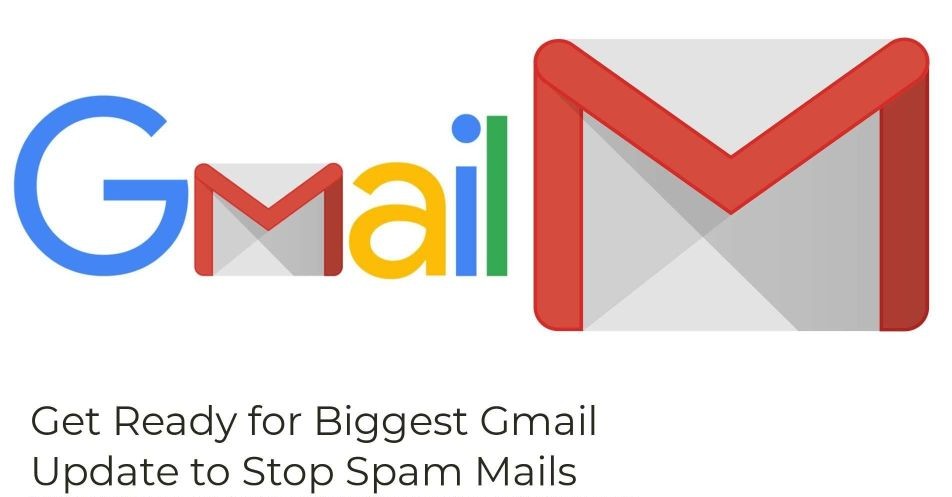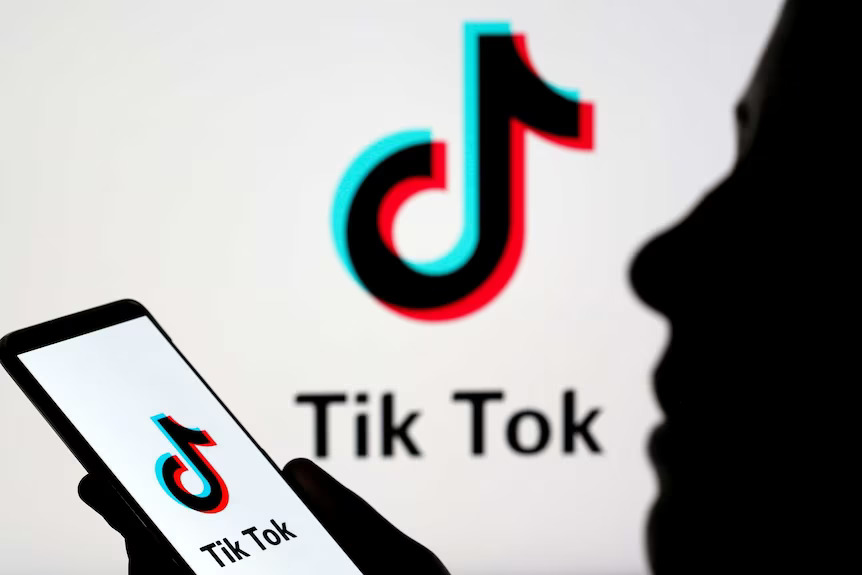Meta Announces Discontinuation of Cross-Messaging Between Instagram and Facebook
Meta, the parent company of social media giants Facebook and Instagram, recently unveiled plans to halt cross-app communication chats between the two platforms. Effective mid-December 2023, users will no longer have the ability to engage in chats between Instagram and Facebook Messenger accounts, a move that has sparked both curiosity and speculation among the online community.
The decision, announced without a clear rationale from Meta, is speculated to potentially align with Europe’s Digital Markets Act (DMA). This legislation mandates prominent tech entities to facilitate interoperability between various messaging platforms, a requirement that may have influenced Meta’s decision regarding cross-platform communication.
“Once cross-app communication isn’t available, you won’t be able to start new conversations or calls with Facebook accounts from Instagram,” Meta highlighted in its official update. Existing chats involving Facebook accounts on Instagram will be rendered as read-only, restricting users from initiating new messages within these threads.

Image Source: indiatoday.in
The implications of this change are significant for users on both platforms. Instagram users will lose the capability to initiate conversations with Facebook accounts, and the read-only status will prevent any new messaging activity. Furthermore, Facebook accounts interacting with Instagram won’t have access to the Activity Status or the ability to ascertain if a message has been seen.
Meta clarified that existing chats with Facebook accounts on Instagram will not transition to the Facebook or Messenger inboxes. To sustain conversations with Facebook-linked contacts, users will need to initiate fresh chats through Messenger or Facebook from their respective Facebook accounts.
Potential Preparations for DMA Compliance
While Meta hasn’t explicitly stated the motive behind this shift, speculations abound that this move aligns with Meta’s preparation for DMA-compliant interoperability within Messenger. The decision to discontinue this specific cross-app chatting feature hints at potential restructuring to comply with regulatory requirements.
As the digital landscape continues to evolve, Meta’s decision to sever the direct messaging link between its two major platforms raises questions about the future of cross-platform interaction and the company’s strategies to adapt to regulatory frameworks.
In response to inquiries regarding this announcement, Meta has yet to offer further details or explanations, leaving users and industry experts eager for more insight into the company’s motives behind this substantial alteration in messaging functionalities.

I am a law graduate from NLU Lucknow. I have a flair for creative writing and hence in my free time work as a freelance content writer.






